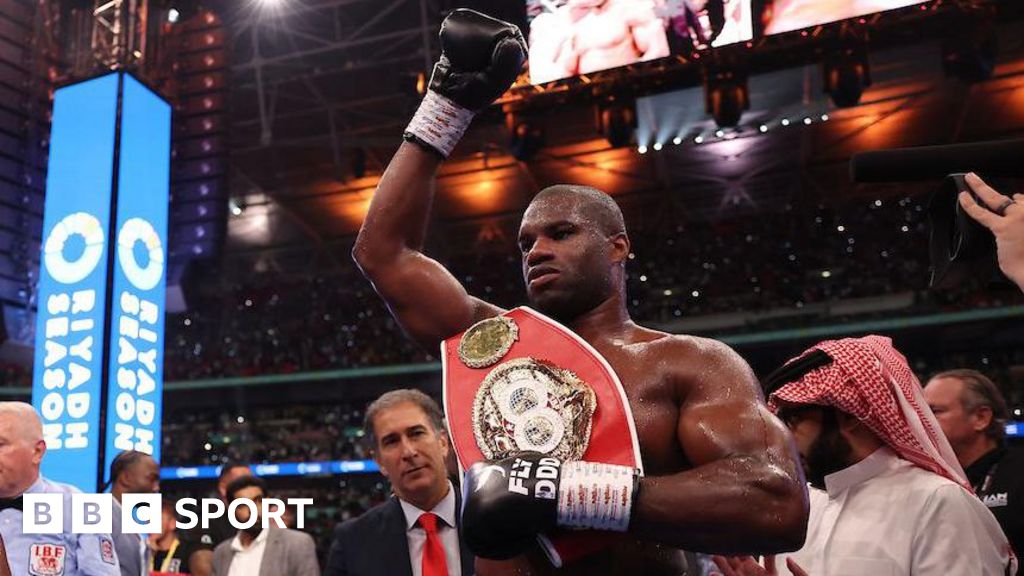World
Anthony Joshua v Daniel Dubois: Young pretender legitimises his reign at Wembley Stadium

If Saudi Arabia has become the home of big-time boxing, fight week in London was an exhibition of the Kingdom’s growing and controversial influence on the sport.
The card was billed as a ‘Riyadh Season’ event and organised by Turki Alalshikh. He is the chairman of Saudi Arabia’s general entertainment authority, funded by Saudi’s Public Investment Fund reported to have spent more than £5bn on sport.
And there was little expense spared by Alalshikh in a fight week of a scale never seen before in British boxing.
Fighters experienced the Hollywood premiere treatment at a lavish grand arrivals in London’s Leicester Square.
Three professional bouts were even held after Wednesday’s public workout where clever staging transformed Wembley Arena into Buckingham Palace.
A news conference was staged at London’s breathtaking Grade I listed Guildhall, and Trafalgar Square provided an iconic weigh-in location.
On fight night, a raucous crowd was a marked contrast from the more tranquil and quiet setting of the alcohol-free Kingdom.
Supermodel Naomi Campbell, actor Sienna Miller and film director Guy Ritchie added celebrity stardust. Saudi Arabia tourism was promoted through videos and competitions on the Wembley screens.
A booth outside the stadium allowed fans to ‘capture your Saudi moment’ by trying traditional middle eastern coffee, while the Kingdom’s national anthem was played out before God Save the King to “honour” the organisers.
The whole event was new territory for British boxing and provides hope that the sport is heading in the right direction by staging the biggest fights regularly.
But at what cost? Fury v Usyk heads to Riyadh for the second time and there is no guarantee that Joshua or new king Dubois will compete in Britain anytime soon.
On the flip side, without the Saudi investment, there is every chance these huge heavyweight showdowns would not be happening at all.







